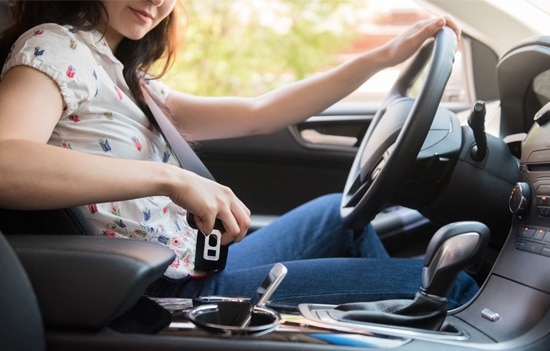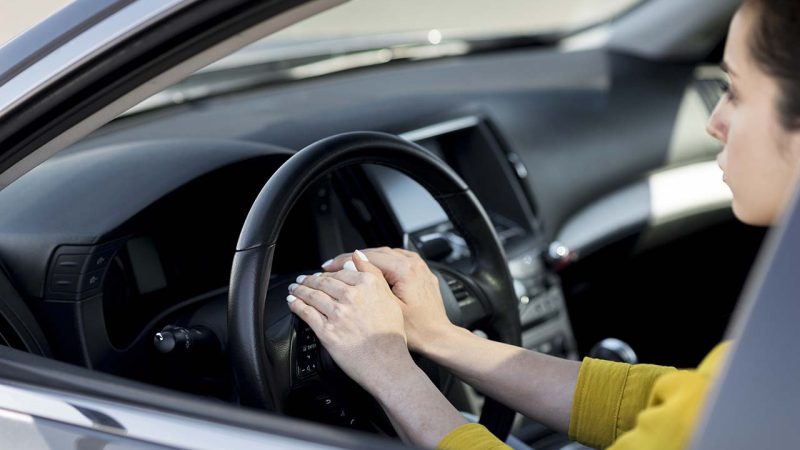10 Safe Driving Tips to Prevent Accidents

Drivers must ensure their safety as well as that of others when they are behind the wheel. This can lead to fatalities and accidents.
These are ten tips that every driver needs to know to prevent accidents and possibly save lives.
- Avoid Distractions
Distractions should be avoided while driving, no matter if you’re going from Kentucky to Tennessee or Memphis and Nashville. Avoid texting while driving with your phone. You should also not mess with the Sat Nave or GPS. Pullover and sort out your needs before you continue on your journey. If your children are fighting or screaming, you should pull over. Avoid distractions that distract you from the road. A road accident can happen in a matter of seconds.
- Beware of Blind Spots
To ensure you can see everything around your car, don’t speed up in your vehicle. Avoid relying on your mirrors only. Make a habit out of looking around to see what is in front of you and check for oncoming traffic. Semi-trucks can have large blind spots so don’t assume they see you.
- Families Are Key to Your Vehicle
It is important to understand the performance of your vehicle. It is important to understand how your vehicle handles in a variety of situations, including how it stops when you press the brakes and how it handles around bends. You also need to know if your tires can be used even in poor weather conditions. Knowing the performance of your car is crucial in avoiding an accident. 20 hour driving course will help you to understand the vehicle and teach you steps to become a safe driver.
- Routine Maintenance
A maintenance plan is essential for getting to know your vehicle. Keep track of when you take your vehicle in for maintenance. This will allow you to keep track of when your car was last serviced, had new brakes installed, and what fluids were changed. A car in good condition will perform better. You will have a safer vehicle to drive, thereby lowering your risk of getting into an accident.
- Be More Careful If You Drive At Night
Drivers can make bold, but risky, decisions during the day and be more unpredictable at night. Many drunken driving cases occur at night. It is also difficult to see clearly at night. Your vision is less sharp at night than during the day. Night driving requires you to be alert.
- Scan the Area
Pay close attention to the vehicle or driver in front of you. Also, scan the surrounding area where you are driving. Drivers are capable of changing lanes in a split second. Be attentive while driving, especially as you approach an intersection. Before crossing an intersection, ensure you look both ways. Although you may feel confident in your driving abilities, you don’t know the competence skills of the next driver.
- Do Not Drive If You Are Snoozing
You should postpone your drive if you feel tired or drowsy. You are more likely to cause an accident if you drive tired. Sometimes, the lack of sleep can lead to drowsiness. You will feel less alert and fatigued behind the wheel.
- Cautious Lane Changing
Avoiding turning signals, cutting in front, or abruptly changing lanes are all examples of negligent behaviors that can lead to accidents. These are all against the law. This behavior can lead to road rage in some drivers and reckless driving. You can reduce the likelihood of car accidents by being courteous to other road users.
- Avoid the Fast Lane
Although the fast lane is convenient, it can be dangerous if you need to leave the interstate quickly. It is also a bad idea to drive in the fast lane if there are other vehicles out of control. Keep to the right or center lanes. These lanes make it easier for you to exit. You should not leave the left lane for drivers who love to drive at high speeds and are more likely to cause an accident.
- Do not drive angry
Anger can affect your judgment, cause you to be less attentive on the roads, and make it difficult for you to deal with other drivers rationally. If you’re angry, don’t jump into your car.






